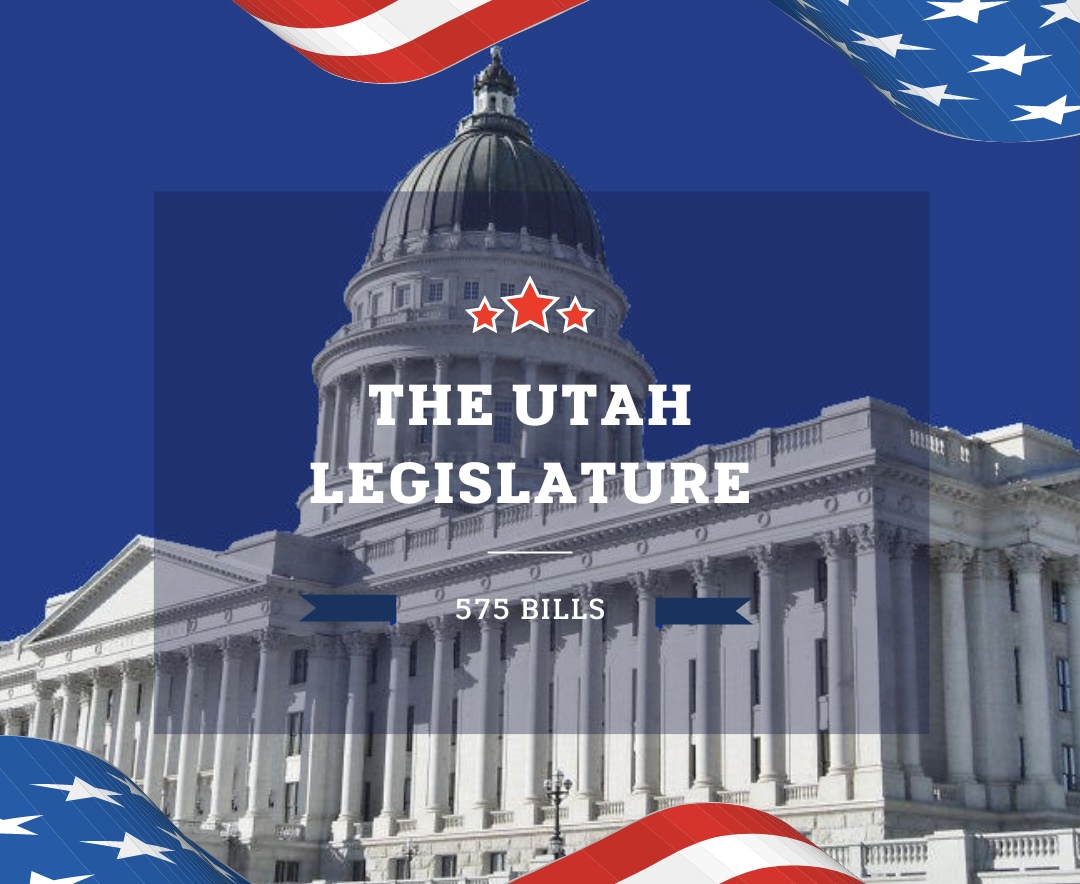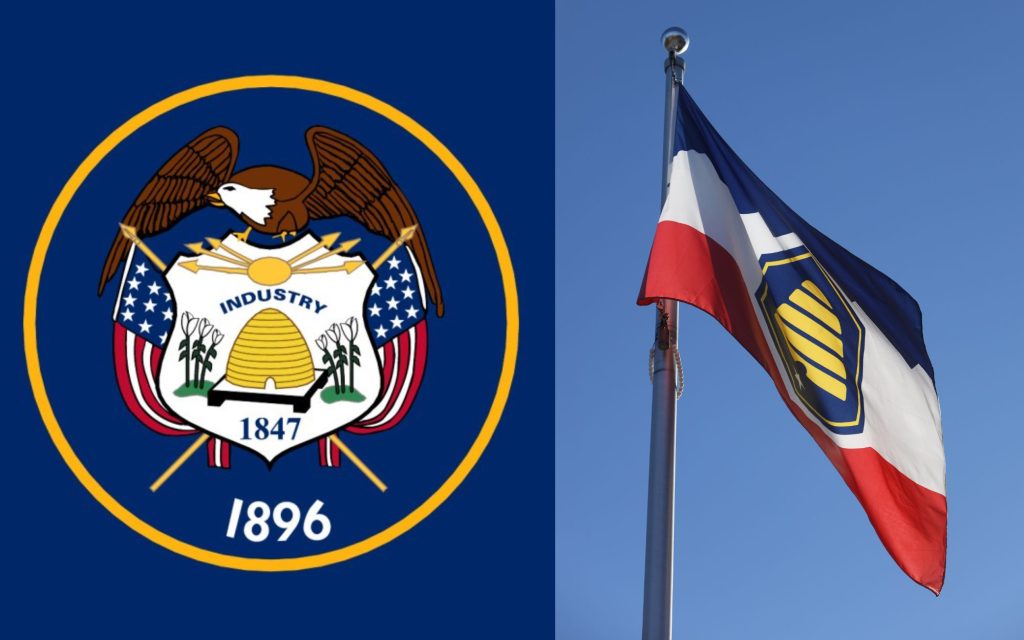Utah is home to the largest saltwater lake in the Western Hemisphere, and we’re causing it to dry up.
Researchers predict that without drastic changes to water consumption in the state of Utah, the Great Salt Lake will disappear within five years.
I grew up in northern Utah, about 40 miles south of the Great Salt Lake. I remember going on scouting trips to Antelope Island when I was younger and being amazed at how large the lake really was. Now, due to record-low water levels, Antelope Island isn’t an island anymore, and we aren’t doing enough to reverse the damage we caused.
The Utah Legislature has passed 575 bills during the recent legislative session, a few of which are looking to aid water conservation. Despite more drastic changes needing to be made, some of the bills are a step in the right direction.
SB 118
One bill that was recently passed is SB 118. This is one of the most important bills as it gives incentives for home and property owners to replace grass with water-efficient landscaping.
Utah, and St. George especially, have a large number of homes with grass as opposed to native or desert landscaping. This is a huge contributing factor when it comes to water usage as around two-thirds of Utah’s drinking water is used to water lawns. Other major urban areas in the region, including Las Vegas, have gone as far as banning non-functional grass in the city.
This issue is only going to be solved if major changes are made. State officials have to be willing to take leaps, like the city of Las Vegas, if we want to save the Great Salt Lake. However, SB 118 is a great stepping stone and will hopefully lead residents toward less water usage.
SB 119
SB 119 is a bill that will change the way certain water agencies in the state count water usage. The consumptive use standard is the primary way of measuring water use in the United States, but many counties in Utah use varying methods of measurement. State officials believe this has caused our water usage to be inaccurately compared to other states.
This bill is important in more accurately understanding the amount of water we use, but it is largely avoiding the issue. We should be more focused on truly reducing our water usage as opposed to making our water usage appear less on paper. I’m afraid changing the way we measure our water usage may cause state officials to be more relaxed on the issue when it should be a top priority.
HB 307
HB 307 or “Utah Water Ways” is a bill that will establish a nonprofit to further coordinate water conservation across the state. The nonprofit will coordinate grants and messages regarding water use as well as work with water efficiency and conservation programs to further their efforts.
This is very important as we will have a program solely focused on this growing issue. One major problem within Utah is the lack of urgency when it comes to water conservation. People seem too relaxed on the issue and brush it of as something that can be dealt with later. If we wait any longer, it’ll be too late. This bill will help bring more attention to the issue and help make it a priority.
Overall, these bills are only going to make a small difference unless the residents of Utah are willing to change the way they view water usage as well.
Some additional ways we can save water in Utah include:
- Raise water usage costs
- Take shorter showers
- Turn off running water when not in use
- Use only native plants for landscaping
- Check for leaks in pipes and hoses
- Reuse cooking water for gardens
Utah state officials are finally starting to understand the severity of the issue, and although these bills won’t solve the issue altogether, they are a good sign of positive changes being made. If we really want to make a change, it has to be collective. Cut down on water usage, spread awareness and urge state officials to continue prioritizing water conservation until the Great Salt Lake is what it once was.




